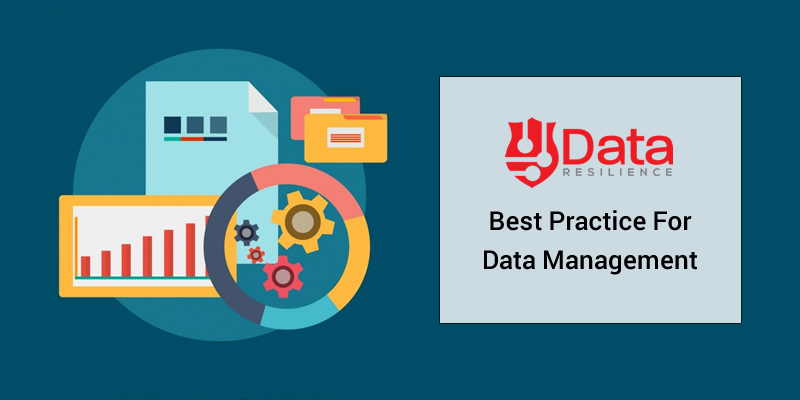Data has to be current and relevant and should take your business from zero to infinity. This means all data that comes to you in bits and bytes needs to be looked into before using it. Unstructured data is evolving at breakneck speed and information can be collected online from various sources including emails, mobile devices activity, and social media. To maximise their value, you need to recognise these data sets, assess the risks involved and catalogue them to implement confidentiality, integrity, and availability, abbreviated as ‘CIA’.
Today, it is only a handful of companies that are making effective use of all the data they collect. So, you need a data management system that will ensure data quality and integrity to substantially validate your data against redundancy and non-productivity. Once your data sets are valid, timely and analysed, you can then effectively manage your business data as it grows.
Data Management Systems are important to your organisation, as they help to characteristically manage data, based on agreed principles and practices. Data collected also has to be kept safe, via rigorous standards to protect it; whilst being monitored for current purposes and to ensure safety from security threats.
These are the seven tenets to bring your company successfully to the top rung of the business ladder via effective data management.
Define your business goals
Data volumes continue to explode, with various IoT devices networked together causing data silos to be pushed further down the funnel with new data taking precedence over the rest and it is this data that gives management customer insights to support business goals. Clearly defined business goals and an understanding of your current datasets which are being collected and managed should both be defined before formally implemented on data governance.
AI and ML can help
Artificial Intelligence (AI) and Machine Learning (ML) are the stalwarts in this embedded technology, with machines communicating with one another and collating humongous volumes of data, of which only AI and ML can gather some semblance of understanding. Data Management has come full circle, bringing colossal amounts of data to comprehend with the help of AI and ML that eventually gives humans very little to do. Internet of Things (IoT) has brought machines, embedded technology and users closer, enabling them to make the most of data.
Data Governance of High Order
Data that is being distributed along the data pipeline via the foundations of quality, usability, and integrity has to be highly governed to maximise its value. Reducing costs, improving security and increasing compliance to manage data models are key considerations of the governance model. Data has to be accessible and secured, be available and easy to access to end-users, and currency of data, before it becomes outdated, also needs to be addressed.
For more information, visit www.dataresilience.com.au or drop us a note at [email protected].


